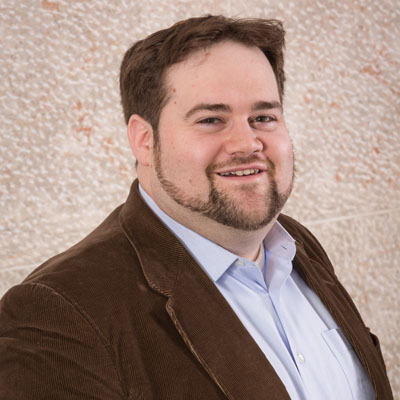The old joke is told about a proud Jewish parent flying to Washington to attend their child’s inauguration as the first Jewish president of the United States. They strike up a conversation with the stranger sitting next to them on the airplane, who asks why they’re flying to D.C. “Well, my daughter Julie is a doctor,” boasts the Jewish parent, “and I’m on my way to the Capitol to attend her brother’s swearing in as president.”
With the rich history of Jews and medicine, it’s fair to ask: Is there a Jewish orientation towards medical practice? This week’s Torah reading offers an intriguing service-based answer, one which suggests a timely commentary about the significance of health care in the United States.
The dominant voice in Jewish tradition reads Exodus 21:18 as the foundation for medical practice: One who injures another must (a) pay the victim’s lost wages (רַק שִׁבְתּוֹ יִתֵּן) and (b) pay their medical bills (וְרַפֹּא יְרַפֵּא) – from here the House of Rabbi Ishmael derived that a doctor has license to heal. “תני דבי רבי ישמעאל ורפא ירפא מכאן שניתנה רשות לרופא לרפאות” (BT Berakhot 60a)1. Interpreters have understood the “why” of this license to heal in one of two ways:
(1) As God-centered2: the physician acts as an extension of – and along with – God in healing the sick;3
(2) As provider-centered: medical practice is a fundamental human responsibility because one is duty-bound to save endangered lives4 or because scientific achievement is the most sublime form of human stewardship.5
We can debate the merits and shortcomings of these approaches6, but Maimonides, astonishingly, sidelines these biblical (וְרַפֹּא יְרַפֵּא) and rabbinic (מכאן שניתנה רשות לרופא לרפאות) traditions entirely. Instead, he sources the license to heal in our Torah portion – Deuteronomy 22:4 – from the responsibility to return a lost item. He furthers an already expansionist rabbinic reading of this text to include healing the sick.7 Rambam here is revolutionary: he jettisons both the God-centered and the physician-centered model of medicine in favor of a third understanding, one that is clearly patient-centric: health belongsto the patient. When someone’s health is “lost” the healer must return it just like any other lost possession. It is an inalienable human right.
Maimonides avers that those in need of healing obligate the rest of us not due to our righteousness, but due to their rights. As the American healthcare story continues to be written, this understanding compels us to urge our country to join the other first-world countries and provide healthcare to every citizen. To my mind, this would be the ultimate fulfillment of “Jewish medicine.”
—
1See also Netanel Ben Yisha’ayah, Meor Ha-Afelah, who formulates the license as an obligation: ורפא ירפא – חייב לרפאותו.
2This approach accords with the notion that God is a healer: e.g., Exodus 15:26; Deuteronomy 32:39; Isaiah 19:22; 57:18-19; Jeremiah. 30:17; 33:6; Hosea 6:1; Psalms 103:2-3; 107:20; Job 5:18; and perhaps also that God inflicts illness for sin: e.g., Leviticus 26:16; Deuteronomy 28:22, 59-60.
3See the fuller context of BT Berakhot 60a, Midrash Shocher Tov, Shmuel 4, Nahmanides, Leviticus 26:11. See also Hezser, Catherine, Honor Your Physician Even Before You Have Need For Him: Representations of the Physician in Jewish Literature from Hellenistic and Roman Times for more on the relationship between doctor as healer and rabbi as healer.
4Leviticus 19:16 – לֹא תַעֲמֹד עַל דַּם רֵעֶךָ – “Do not stand idly by your fellow’s blood” – I deem this doctor-centric because its focus is on the obligation of the bystander rather than on the rights of the potential victim.
5Soloveitchik, Joseph, The Lonely Man of Faith, pp 84.
6The opening to the trailer of the 1993 American film Malice demonstrates the potential arrogance of considering a medical practitioner to be God’s partner. Likewise, a natural pitfall to viewing medical achievement as the pinnacle of human accomplishment is best highlighted by the joke about the overly proud parent at the beginning of this piece.
7Maimonides (Commentary to the Mishnah Nedarim 4:4) is channeling BT Sanhedrin 73a which extends the biblical injunction to return lost property to saving someone even when they themselves are “lost” (in danger).
Yonah Hain is the campus rabbi of Columbia University. In his work, he guides the educational, interfaith and religious initiatives of Columbia/Barnard Hillel’s robust Jewish community.

